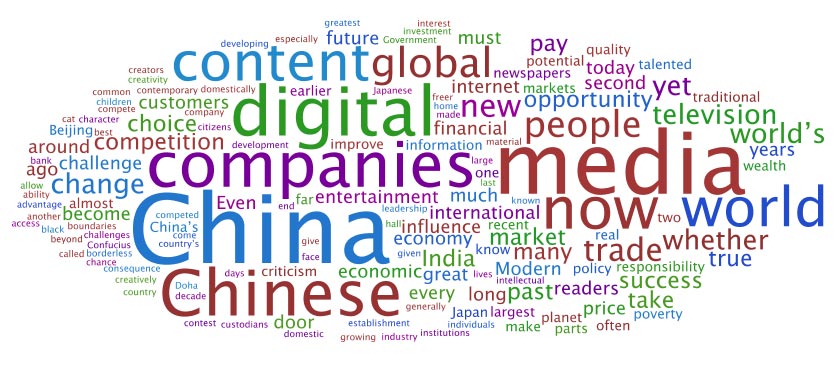The next general election will be ‘the election of the internet’ with party strategists terrified that sites like YouTube will derail their carefully choreographed campaigns, the Independent’s chief political commentator Steve Richards told the audience at a City University political journalism debate last night.
But it would be longer-form blogs rather than Twitter with the political influence, said the Times’ Sam Coates: “Twitter will make no impact at the next election … God help us, no more Twitter!”
The Times chief political correspondent was however more complimentary about blogs, arguing that they were underestimated and that ‘they could probably revolutionise political journalism’ and become its ‘highest form’.
Steve Richards also pointed to the influence of the blogosphere, saying that politicians often look to judge the instant reaction to their speeches.
“Tory strategists are really worried about this. In the past, if someone said something that was off-message or really, really poisonous the chances are it wouldn’t be reported,” he said.
“Now, choreographed campaigns will be derailed by the power of the internet. If someone says something it will be on YouTube within ten minutes (…) This is going to be the election of the internet,” said Richards.
The panel at the ‘Wot will win it?’ debate, which also included Pippa Crerar of the Evening Standard, discussed the Sun’s recent defection from Labour to Tory, but said that neither it nor Twitter would have a profound effect on the outcome of the election.
They felt that the Sun’s shift in allegiance would have, in the words of Coates, ‘a more psychological effect on the parties than a real effect on people’.
“The Sun’s moment didn’t feel quite as big because of the internet,” added Richards.
“Will it [the internet] change the numbers?” asked Crear. “No, just the way we perceive politics,” Richards answered.
The panel agreed that the proposed TV debate between Gordon Brown, David Cameron and Nick Clegg was only likely to have an impact ‘if someone messes up’, according to Coates.
However, Crerar said that even in the event of a gaffe, it might not torpedo a politician’s campaign: “In the mayoral debates, Boris Johnson was very unimpressive and bumbled his way through, but still won.”
Dina Rickman (@dinarickman) and Tom Brooks-Pollock (@tombrookspolloc) are newspaper journalism students at City University.
